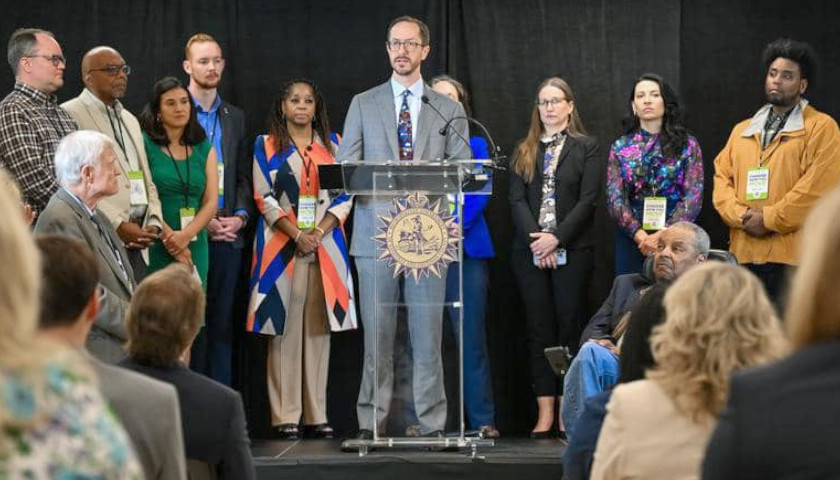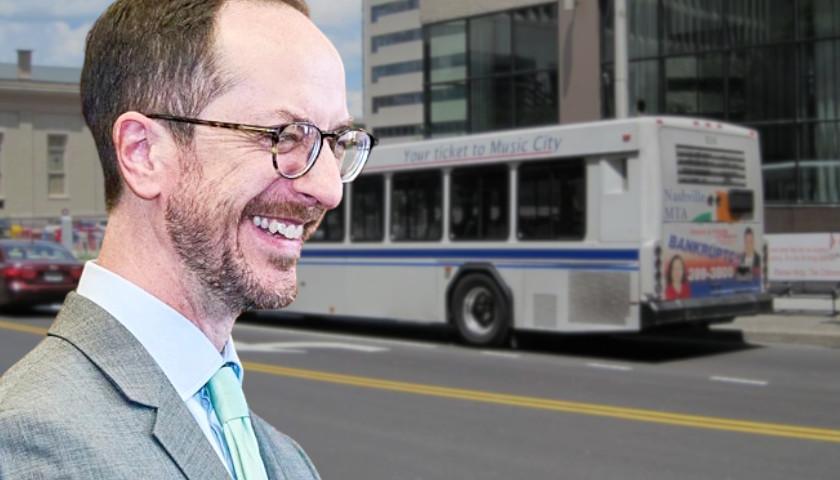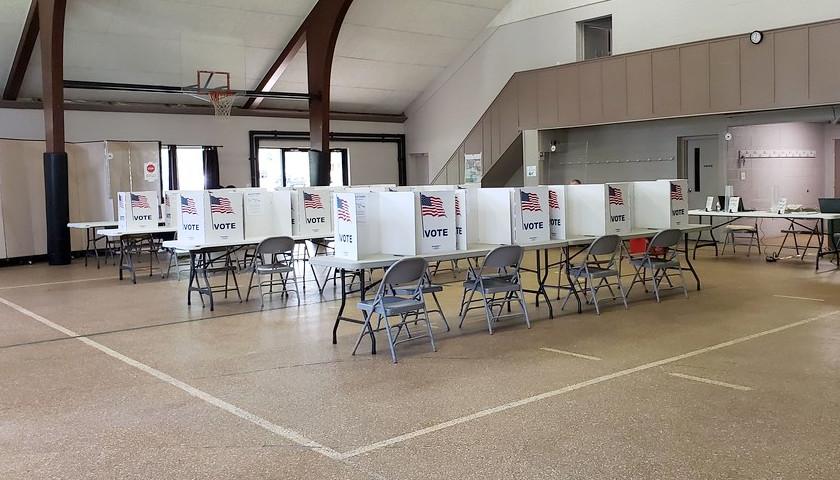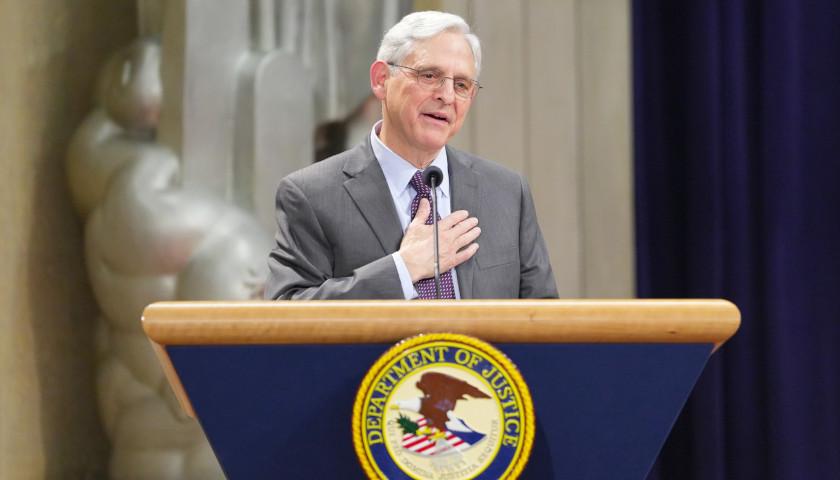Political organizers and lawmakers have successfully added a total of 10 measures to the November ballot. With the start of early voting less than a month away, Arizonans can expect to see a growing number of campaigns by public policy organizations and special interest groups vye for the support – or in some cases, rejection – of these proposals.
Prop. 128 would allow the state legislature to amend or suspend a voter-approved ballot measure found by the U.S. or Arizona Supreme Court to contain illegal or unconstitutional language. Currently, under the state constitution, legislators are prohibited from repealing a voter-approved measure and can only amend the law if the action furthers the purpose of the law.
Other Arizona organizations supporting the proposition include the Arizona Chapter of NAIOP, the Arizona Chamber of Commerce & Industry, and the Center for Arizona Policy Action (CAPA).
Prop. 129 would also affect ballot measures by limiting each initiative to a single subject that is expressly stated in the measure’s title.
Arizona State Representative John Kavanaugh (R-Maricopa) shared his support for the measure, which would protect Arizonans from for a proposition they support that contains an issue they oppose.
“It’s unfair to the people who you ask to vote to have more than one subject matter,” Kavanaugh said.
Prop. 130 would allow the legislature to set certain property tax exemption amounts and qualifications, which includes property tax exemptions for widows and widowers; those with total and permanent disabilities; disabled veterans; and property used for trade, business, or agriculture. Republican State Senators J.D. Mesnard (SD-13) and Vince Leach (SD-11) support the measure, according the Ballotpedia.
Prop. 131 is a constitutional amendment that would create position of lieutenant governor, who would be elected on a joint ticket with the governor, and would replace the Secretary of State as the successor to the governor should that officeholder be unable to serve.
Ballotpedia reports that this is the third time since 1994 that such a proposal has been presented to voters. In both prior cases, the mesure fell short by a definitive margin.
As reported by The Arizona Sun Times, Prop. 132 would ensure ballot measures that propose a tax increase must pass with a 60 percent majority from the public, rather than anything over 50.
Moreover, Prop. 309 would create a universal ID law requiring all Arizonans to vote, no matter when, how, or where. For mail-in voters, the measure would add two new pieces of information to their affidavit: their date of birth and voter ID number. In-person voters would no longer be able to present an alternative to a photo ID at a voting booth.
Victor Riches, president and CEO of the Goldwater Institute, said he supports this proposition because it ensures ID laws are followed and makes “mischief at the ballot box nearly impossible.”
As for measures opposed by the AFEC, Prop. 308 would allow noncitizens who graduated from and attended high school in Arizona for two years to receive in-state college tuition.
The Arizona Republican Party (AZGOP) opposes this bill. Chairwoman Dr. Kelli Ward said it would increase taxes statewide and does little to fight the core issues of high tuition.
Prop. 310 would create a 0.1 percent sales tax for 20 years to provide funding for the state’s fire districts.
Cindy Biggs, the wife of Rep. Andy Biggs (R-AZ-05), who serves as chairwoman of the Gilbert County Island Fire District, said the proposition is unfair and excessive, forcing all Arizonans to supply a second funding stream she said is not needed.
Citizen initiative Prop. 209 would set a limit on interest rates for debt incurred from receiving healthcare services equal to at least 3 percent or less.
The Tucson Metro Chamber said that this measure reaches further than some may realize and essentially makes anyone making under $50,000 a year untouchable by creditors, which may affect people’s abilities to access credits and loans.
Prop 211 would require people or entities who spend $50,000 or more on a statewide campaign to disclose the names of the money’s original source.
Cathi Herrod, President of the CAPA, said this initiative may present First Amendment concerns and is the equivalent of bullying people out of campaign involvement.
The Arizona Free Enterprise Club (AFEC) released its full list of endorsed measures Thursday
“The Arizona Free Enterprise Club is endorsing four of these measures: Propositions 128, 129, 132, and 309,” according to the AFEC.
Conversely, the club advised voters to oppose propositions 308, 310, 209, and 211. On the remaining two propositions, 130 and 131, the AFEC is neutral.
You definitely want to vote NO on Propositions 209, 211, 308 and 310 in #Arizona this November. Here's why. ⤵ https://t.co/DekKGSlDGd
— Arizona Free Enterprise Club (@azfec) September 15, 2022
– – –
Neil Jones is a reporter for The Arizona Sun Times and The Star News Network. Follow Neil on Twitter. Email tips to [email protected].








